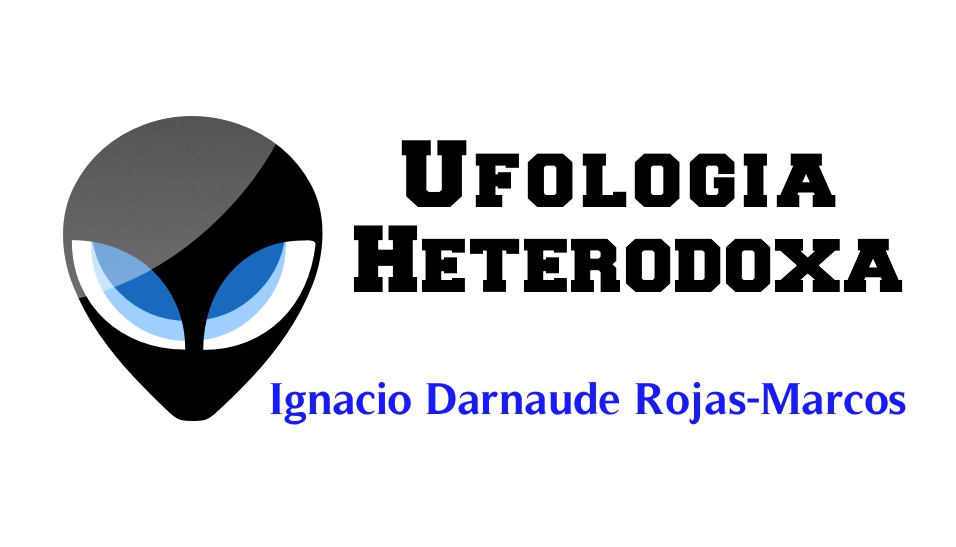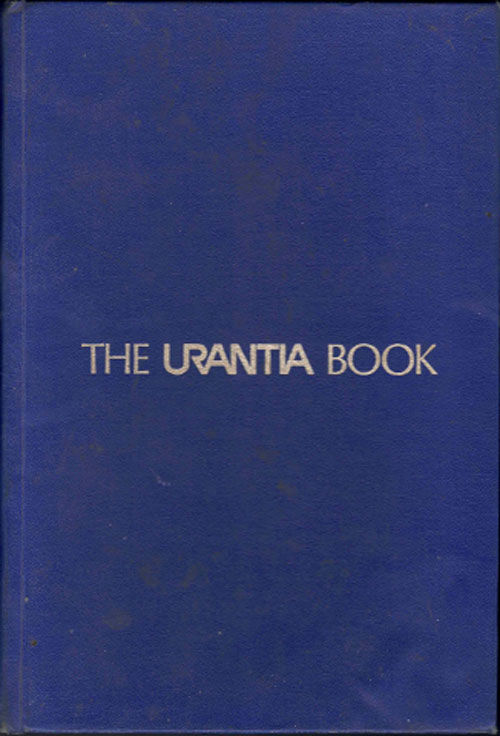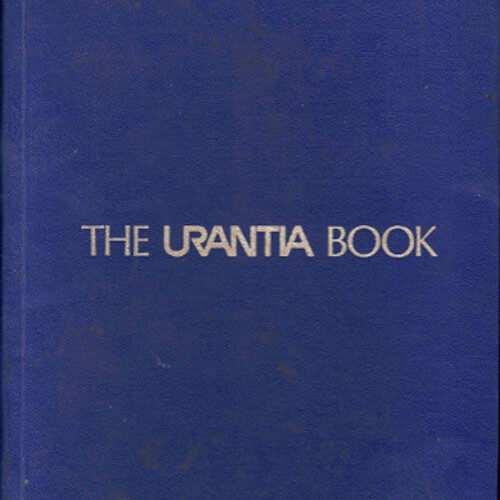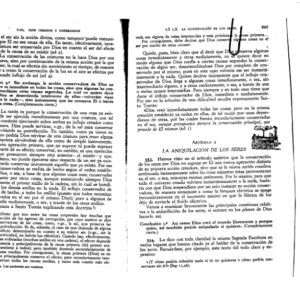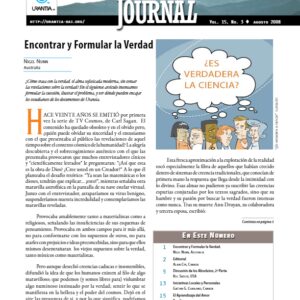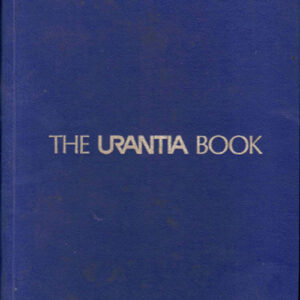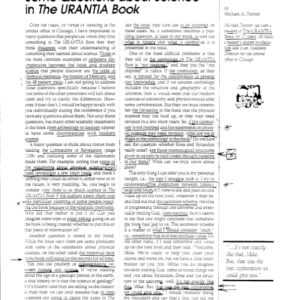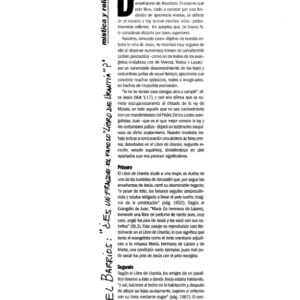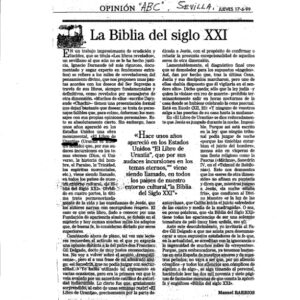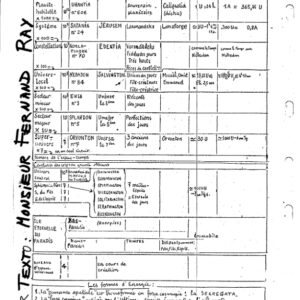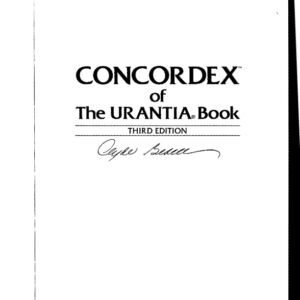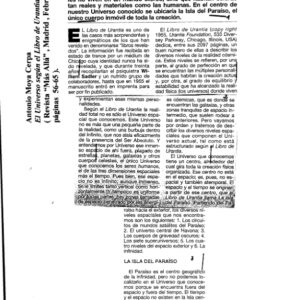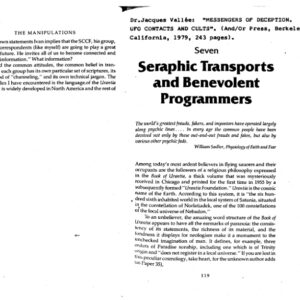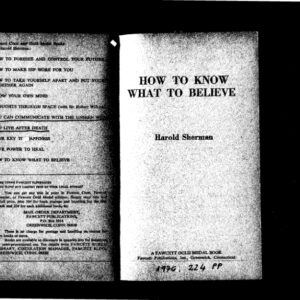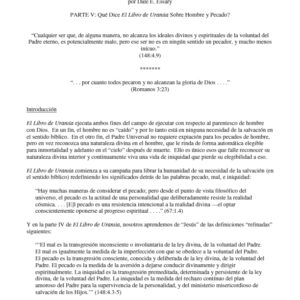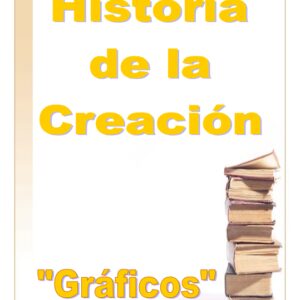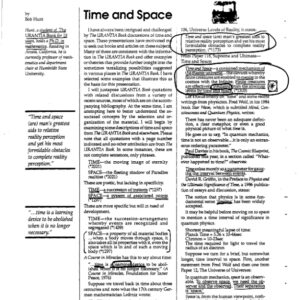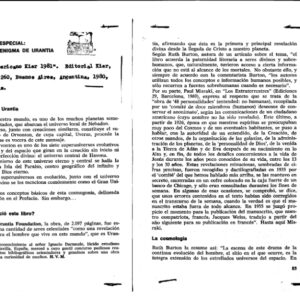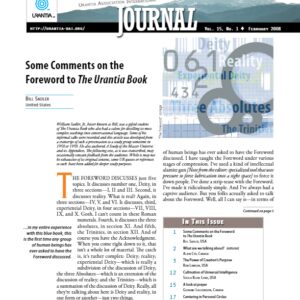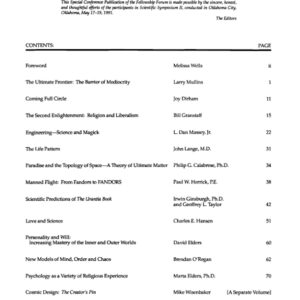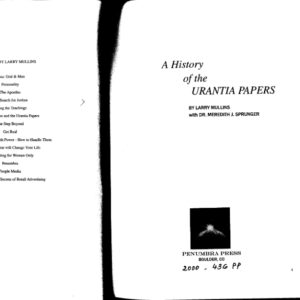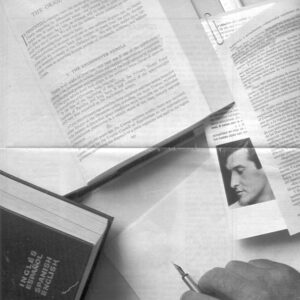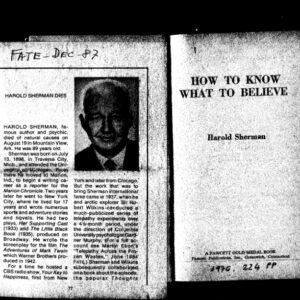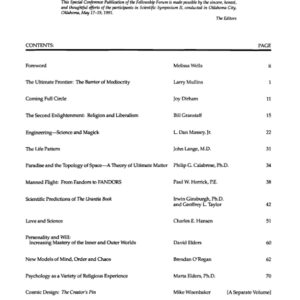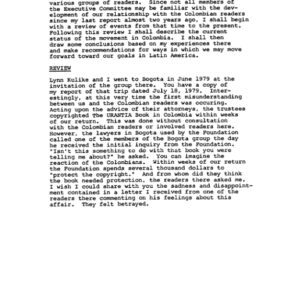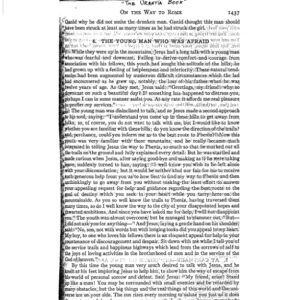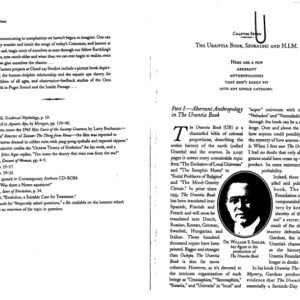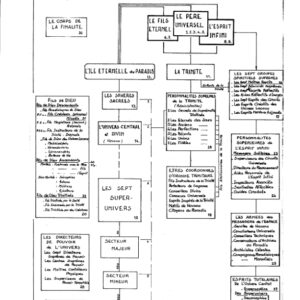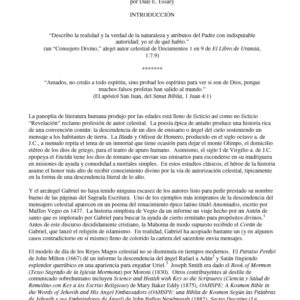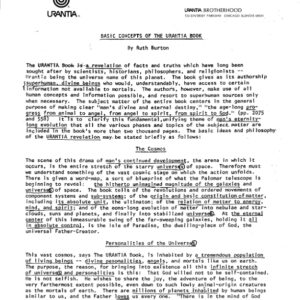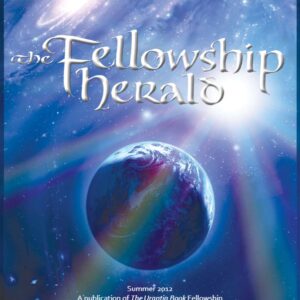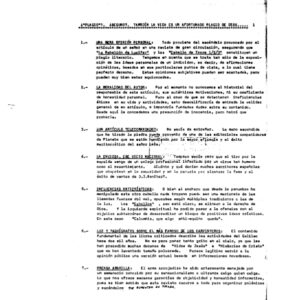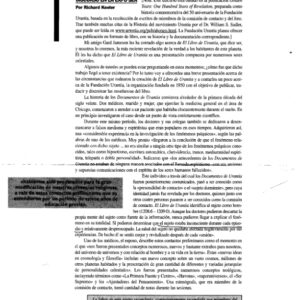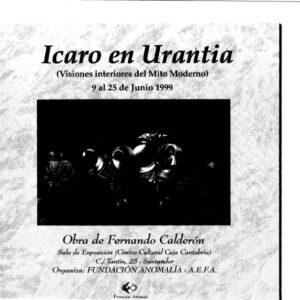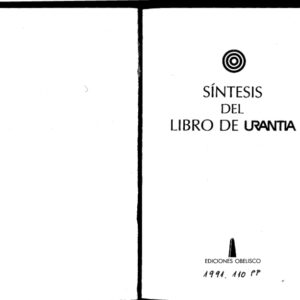Urantia Book Time Bombs
- Descripción
Descripción
Urantia Book Time Bombs
TIME BOMBS
by Dick Bain
How to prevent The Urantia Book from becoming a
fetish?
How would you like the job of putting together
an epochal revelation in book form? What an awesome
responsibility! Consider the care and planning that went
into putting the Urantia Papers together. Consider the
problems that the revelators had to foresee and find
solutions for and the compromises they had to accept
in order to bring Urantia its fifth epochal revelation.
Some of the problems and compromises we are told
about; there may be some that we are not told about.
One of the problems that am sure they dealt with was
how to prevent The Urantia Book from becoming a
fetish.
I speculate that the revelators felt certain steps
were needed to insure that the book would not become
a fetish. A definition of fetish from Webster’s New
Collegiate Dictionary is: «an object of irrational
reverence or obsessive devotion.» Was the concern of
the revelators justified?
We mortals seem to have a persistent tendency
to worship anything and everything. Rocks, trees,
mountains, stars and planets, people, books, shrouds,
bones of the saints, etc. have all been fair game. This
tendency has always been a problem for those bringing
new revelations to this planet.
On page 832D we read, «They decided that
divinity had descended to earth in bodily form, that
Adam and Eve were in reality gods or else so near such
an estate as to be worthy of reverent worship.» On
page 1022B it states, «Melchizedek’s decision to
terminate his sojourn in the flesh was influenced by
numerous conditions, chief of which was the growing
tendency of the surrounding tribes and even of his
immediate associates to regard him as a demi-
god…they were beginning to reverence him unduly…»
We know that Jesus came to lead us into the worship
of our Father, but how quickly the worship of him
submerged his teachings. The Bible has become an
object of superstitious awe to some people.
Incorporate safeguards?
I feel that in light of all this, the revelators
incorporated safeguards in the papers that would form
The Urantia Book to diminish the tendency to regard it
as an object of worship. What safeguards did they use?
Suppose they decided to make sure that mortals
reading it understood that some cosmological
statements in the book would be found to be
inaccurate.
We read on page 1109C, «Let it be made clear
that revelations are not necessarily inspired. The
cosmology of these revelations is not inspired.» On
page 1009 we are informed, «…[while] the historic
facts and the religious truths of this series of revelatory
presentations will stand on the records of the ages to
come, within a few short years many of our statements
on the physical sciences will stand in need of revision in
consequence of additional scientific developments and
discoveries.» Therefore, some of the cosmology we are
given is inaccurate by the admission of the revelators.
But perhaps the frank admission of inaccuracies in the
cosmology of the book isn’t adequate to prevent undue
reverence for the book. What else could the revelators
do?
Suppose some inaccuracies were found soon
after the book was published. That would not only
reinforce the idea that the book was fallible, but it
would do it immediately before we had a chance to
revere it. How then could they make certain that we
would find inaccuracies soon after the book was
published? My second speculation is that the revelators
planted some «time bombs» with short fuses in the
papers of the book dealing with the science portion or
the cosmology. Now that I’ve gone out on a limb by
saying that they planted time bombs, can I prove it?
Where are the time bombs?
Consider two ideas introduced in the book.
The first is the concept of continental drift. According
to Ken Glasziou in an article in Six-O-Six newsletter
entitled, «The Second Remarkable Prediction,» the
theory of continental drift was put forth by Wegener in
1912 but not accepted by science until the 1960’s.
Continental drift is mentioned quite specifically in The
Urantia Book on page 663. Now consider this
example: On page 657D we are informed that Mercury
keeps the same face to the sun at all times. A decade
after the book was published, scientists bounced radar
signals off Mercury and discovered that it has a slow
retrograde rotation, so it does not keep the same face
to the sun. Could it be that the revelators didn’t know
about Mercury? This seems unlikely, considering all the
things that are correct in the cosmology of the book,
such as continental drift. My feeling is that this was a
deliberate plant that we couldn’t miss. There are other
time bomb candidates as well. There is the «seraphic
velocity» problem, the «100 elements» problem and the
«46 versus 48 chromosomes» problem. Two of these
three problems, the first and third, were addressed but
not necessarily resolved by speakers at Scientific
Symposium 1 in Nashville, Tennessee in May, 1988.
It may be instructive to examine the time-bomb
theory in the light of several statements about the
purposes of revelation given in the book. On page 1109
and 1110, we are given five reasons for presenting
cosmology in the revelation. The reasons pertinent to
the science of the book are:
«1. The reduction of confusion by authoritative
elimination of error.
2. The co-ordination of known or about-to-be
known facts and observations.
3. The supplying of information which will fill
in vital missing gaps in otherwise earned information.»
The Book is fallible!
Giving information that will be found to be
incorrect soon after the book is published doesn’t seem
to serve any of the above purposes. The only purpose I
can see that such information serves is to prove the
book is fallible. In fact, The Urantia Book, in
introducing these purposes, states: «…such revelations
are of immense value in that they at least transiently
clarify knowledge by….» Transiently clarify knowledge
for whom? While the purposes sound convincing, I
would like to point out that the purposes given are
fulfilled only when the book gets general acceptance.
How can the purposes help science when most
scientists don’t even know about the book? And even if
they did, how many of them would accept it?
Acceptance may take so long that a portion of the
science will be obsolete before the stated advantages
are realized. On the other hand, I am confident that
some of the science and cosmology will serve the
stated purposes.
Take the ultimaton for an example. Scientists
may speculate about particles smaller than quarks and
electrons, but are still ignorant of the reality of such
particles. It could be far into the 21st century before we
discover the ultimaton. Perhaps one day some scientist
will read about the ultimaton in The Urantia Book and
go searching for it. If we were given accurate
information about the ultimaton far in advance of its
discovery, assuming that it is accurate, why is
inaccurate data given about things that would be
discovered soon after the book was published? It does
not seem consistent, unless the inaccurate information
is indeed a time bomb. But isn’t this sort of thing
unethical?
Is it ethical?
It seems to me that the ethics of an act depends
on motive and intent. Remember that the revelators
told us they had put inaccurate information in the
papers, so we could hardly say that they lied to us.
Further, they only told us something about Mercury
that we already believed at the time. Remember that
their mission was undoubtedly to protect us from our
own foolish tendencies. If they gave us inaccurate
information to exploit us or take advantage of us in
some fashion, that would unethical.
While we know that there is inaccurate science
and cosmology in the book, we don’t know how much
of the information is inaccurate. Should we just ignore
the cosmology on the grounds that it may all be
inaccurate? It seems to me that the revelators knew it
would have been foolish to put a great deal of
inaccurate information in the book; we would utterly
lose faith in the whole thing. Just put in a few minor
things to keep those mortals from worshipping the
book, but report the major concepts accurately. I feel
that we should be careful about quoting the book to
prove scientific points. We will have to be faithful in
comparing the teachings of the book to current
scientific discoveries and honestly admit it when the
book appears to be in error. And finally, I admire the
skill and wisdom of the revelators in preventing the
book from becoming a fetish item. Perhaps it is
working; at least so far I haven’t been asked to place
my hand on The Urantia Book to swear an oath.
REFERENCE: Richard Bain, 1989. Cosmic
Reflections, vol. 2 (No. 2)
